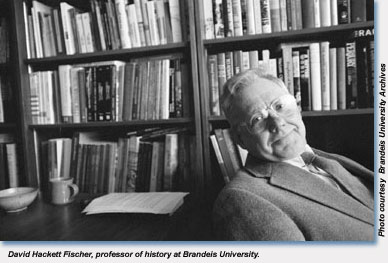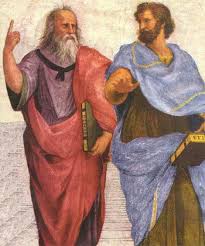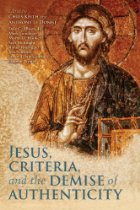Having just read Daniel Gullotta’s review of Richard Carrier’s On the Historicity of Jesus I expect to be posting over the coming weeks a series of analytical responses. In the meantime, some overview thoughts.
Firstly, the choice of journal for this review, The Journal for the Study of the Historical Jesus. One of the editors of JSHJ effectively declared that the editorial board is hostile to the very idea of Jesus mythicism. In December 2014 an article by Michael Bird was published in On Line Opinion: Australia’s e-journal of social and political debate, and a month later on his college’s website, that stated the following:
The Jesus mythicists are a group of enthusiastic atheists who through websites and self-published books try to prove the equivalent of a flat earth. I serve on the editorial board for the Journal for the Study of the Historical Jesus, where we have an editorial team of people from all faiths and none, celebrated experts in their fields; and I can tell you that the Jesus mythicist nonsense would never get a foot in the door of a peer-reviewed journal committed to the academic study of the historical Jesus.
That gives you at least some idea what to expect of any discussion of mythicism that is published in JSHJ. (Daniel Gullotta, a doctoral student, surely knew the bias of JSHJ before he submitted it for their consideration.) Unfortunately, Gullotta’s concluding paragraph does not belie expectations, and ironically declares that a shortfall in “academic detachment” is the problem of the mythicists:
Scholars, however, may rightly question whether Carrier’s work and those who evangelize it exhibit the necessary level of academic detachment.130 If David L. Barrett was right, ‘That every generation discovers the historical Jesus that it needs’, then it is not surprising that a group with a passionate dislike for Jesus (and his ancient and modern associates) has found what they were looking for: a Jesus who conveniently does them the favor of not existing anywhere except in the imagination of deluded fundamentalists in the past and present.131 Whereas mythicists will accuse scholars of the historical Jesus of being apologists for the theology of historic Christianity, mythicists may in turn be accused of being apologists for a kind of dogmatic atheism. But while some have no doubt found their champion in Richard Carrier and his version of mythicism, like others before him, his quest has been in vain. Despite their hopes, the historical Jesus lives on.
———-
130 A concern shared by Bart D. Ehrman, Maurice Casey, and also Carrier. See Ehrman, Did Jesus Exist?, pp. 334-339; Casey, Jesus: Evidence and Argument or Mythicist Myths?, p. viii; Carrier, On the Historicity of Jesus, p. 14.
131 Quoted from David L. Barrett, The Historical Jesus and the Life of Faith’, in The Christian Century 109 (May 6,1992), pp. 489-493.
(the bolding is mine)
A passionate dislike for Jesus? Dogmatic atheism? That would be a huge surprise to the mythicists Thomas Brodie, Robert M. Price, Herman Detering, Tom Harpur, Timothy Freke and Peter Gandy, Francesco Carotta, René Salm, G.A. Wells, P.L. Couchoud (and a good number of other Christ Myth authors of yesteryear), certainly myself, not to mention others who are fence-sitters on the question such as Hector Avalos, Arthur Droge and Kurt Noll.
Nor, quite frankly, do I detect even in Richard Carrier’s atheistic writings a “passionate dislike for Jesus” nor an endorsement for New Atheism. (I substitute New Atheism for Dogmatic Atheism because I am not quite sure what Dogmatic Atheism is supposed to mean. I am certainly an atheist and by no means a fence-sitter on that question, but I do deplore the rise of what was for a few years labelled the New Atheism, a movement that I think would have been better labelled Anti-Theistic rather than Atheist.)
For the record, I cannot see that it makes the slightest bit of difference to any atheist whether Jesus was a historical person or not. The simple fact that atheists also populate the pro-historical Jesus biblical studies academic guild as well as being found among the ranks of mythicists ought to testify soundly enough to that point. Jesus is a cultural icon. He has served many causes to which atheists and any number of other religionists have associated themselves.
Anyway, back to the substance of Gullotta’s review. It is thirty-seven A4 pages long (310-346) so don’t expect a comprehensive critical review soon or in a single post. Gullotta’s review is packed with footnotes and the time gap separating my responses will largely depend upon how accessible I find most of those citations. (Yes, I’m one of those who does read all the fine print and follows up as many footnotes as possible.) Continue reading “Daniel Gullotta’s Review of Richard Carrier’s On the Historicity of Jesus“





